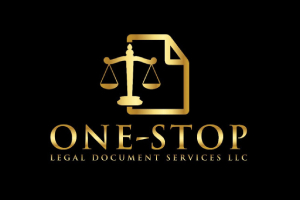How to Register a Non-Governmental Business
If you’re starting a non-governmental business, also known as a non-profit or not-for-profit organization, you’ll need to register your business in order to operate legally. While the process of registering a non-governmental business may differ from state to state, the general steps are as follows:
1. Choose a business name: Your non-governmental business name should be unique and should comply with your state’s naming requirements. In some states, you may be required to include terms like “Foundation” or “Association” in your business name.
2. File articles of incorporation: Articles of incorporation are legal documents that establish your non-governmental business as a legal entity. Your state’s Secretary of State or Department of State will have specific requirements for the contents of these documents, so be sure to follow those guidelines carefully.
3. Obtain an Employer Identification Number (EIN): An EIN is a unique identifier issued by the Internal Revenue Service (IRS) that identifies your non-governmental business for tax purposes. You can apply for an EIN online through the IRS website.
4. Apply for tax-exempt status: As a non-governmental business, you may be eligible for tax-exempt status under Section 501(c)(3) of the Internal Revenue Code. To apply for tax-exempt status, you’ll need to submit Form 1023 or Form 1023-EZ to the IRS.
5. Register for fundraising: Depending on your state’s laws, you may need to register with the state before you begin fundraising activities. Check with your state’s Attorney General’s office for specific fundraising registration requirements.
6. Obtain any necessary licenses and permits: Depending on the activities of your non-governmental business, you may need to obtain additional licenses and permits from your state or local government.
Tips for Registering a Non-Governmental Business:
1. Research the requirements: The process of registering a non-governmental business can be complex, so it’s important to research the requirements carefully before you begin.
2. Seek professional assistance: Consider working with an attorney or accountant with experience in non-governmental business registration to ensure that you’re following all legal requirements.
3. Keep good records: As a non-governmental business, you’ll need to keep accurate and up-to-date records of your finances and activities to maintain tax-exempt status and comply with legal requirements.
4. Stay up-to-date on legal changes: Non-governmental business laws and requirements can change over time, so it’s important to stay up-to-date on any changes that may affect your business.
Conclusion: Registering a non-governmental business can be a complex process, but it’s an essential step in operating legally and obtaining tax-exempt status. By following the steps outlined above, seeking professional assistance when necessary, and keeping good records, you can establish and maintain a successful non-governmental business.


